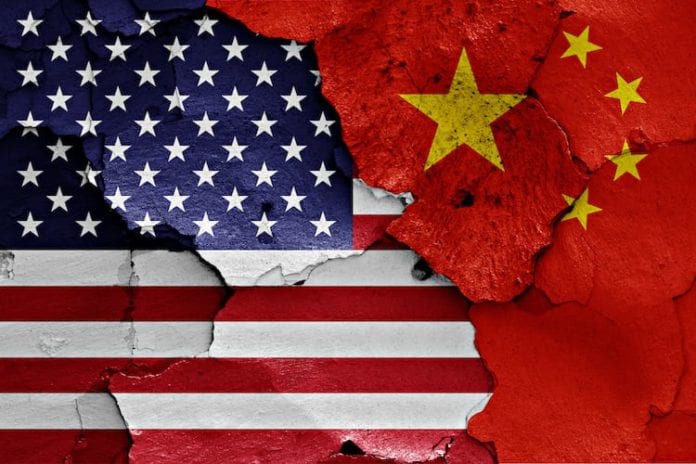BIS emphasized that these measures align with the Department of Commerce’s efforts to hinder the capacity of China to access to technologies essential for its military modernization
The U.S. Department of Commerce’s Bureau of Industry and Security (BIS) has announced a series of rules aimed at further limiting China’s ability to produce advanced-node semiconductors.
These semiconductors are critical for next-generation advanced weapon systems, artificial intelligence (AI) and advanced computing technologies, all of which have significant military applications.
In its announcement, BIS emphasized that this proactive measure aligns with the Department of Commerce’s efforts to hinder China’s access to technologies essential for its military modernization.
The new regulations include controls on 24 types of semiconductor manufacturing equipment and three types of software tools used in developing or producing semiconductors. Additionally, the rules impose new restrictions on high-bandwidth memory (HBM), introduce red flag guidance to address compliance and diversion risks, and include 140 additions and 14 modifications to the Entity List. These updates target Chinese tool manufacturers, semiconductor fabs and investment companies linked to advancing China’s military capabilities.
“This action represents the culmination of the U.S. Government’s targeted strategy, coordinated with our allies and partners, to constrain China’s ability to indigenize advanced technologies that threaten our national security,” stated U.S. Secretary of Commerce Gina Raimondo. “Further strengthening our export controls underscores the Department of Commerce’s critical role in implementing the United States’ broader national security strategy.”
National Security Advisor Jake Sullivan added:“The United States has taken significant steps to protect our technology from being exploited by adversaries in ways that undermine our national security. As technology evolves and adversaries find new ways to evade restrictions, we will continue collaborating with our allies to aggressively safeguard our world-leading technologies.”
“China’s military-civil Fusion strategy poses a substantial risk that advanced-node semiconductors will be diverted to military applications, jeopardizing the security of the United States and its allies. These rules reinforce our longstanding objective of protecting collective security by limiting China’s access to cutting-edge technologies, without overly disrupting legitimate technology trade,” said Assistant Secretary of Commerce for Export Administration Thea Rozman Kendler.
The BIS highlighted that advancements in large-scale AI models have demonstrated remarkable performance improvements across various human abilities. These capabilities pose risks when applied to military and intelligence operations, such as battlefield rapid-response scenarios, the development of cyber or chemical weapons and the repression or surveillance of minorities and political dissidents using facial and voice recognition technologies.
BIS also observed that China has mandated and incentivized domestic firms to allocate substantial resources to its whole-of-society approach to semiconductor indigenization. This strategy is intended to shape the global semiconductor ecosystem to China’s advantage, often at the expense of U.S. and allied national security interests.

